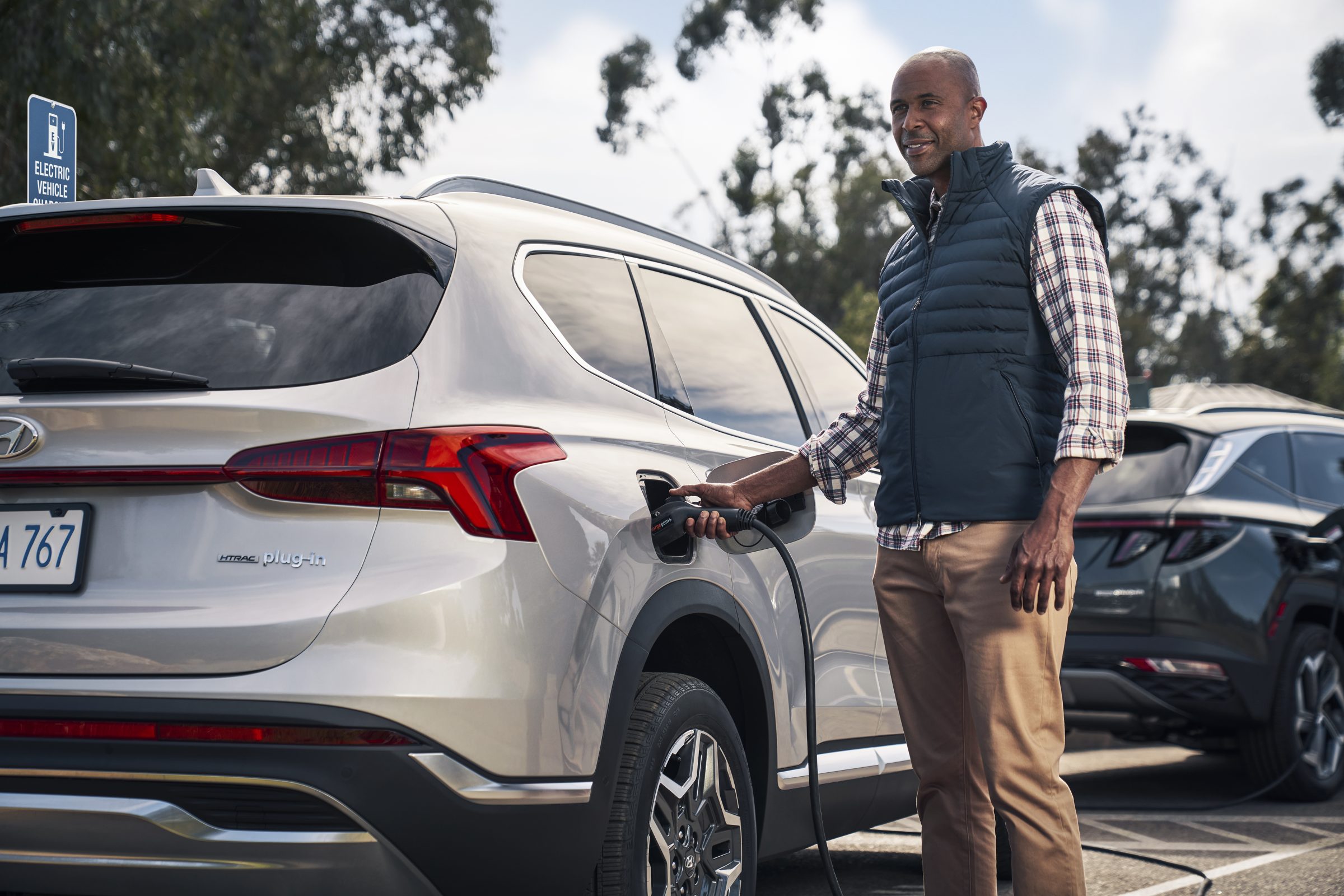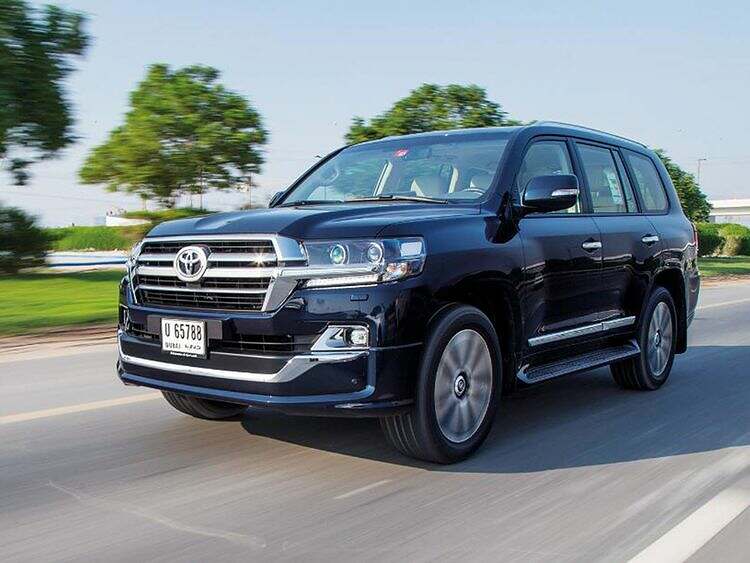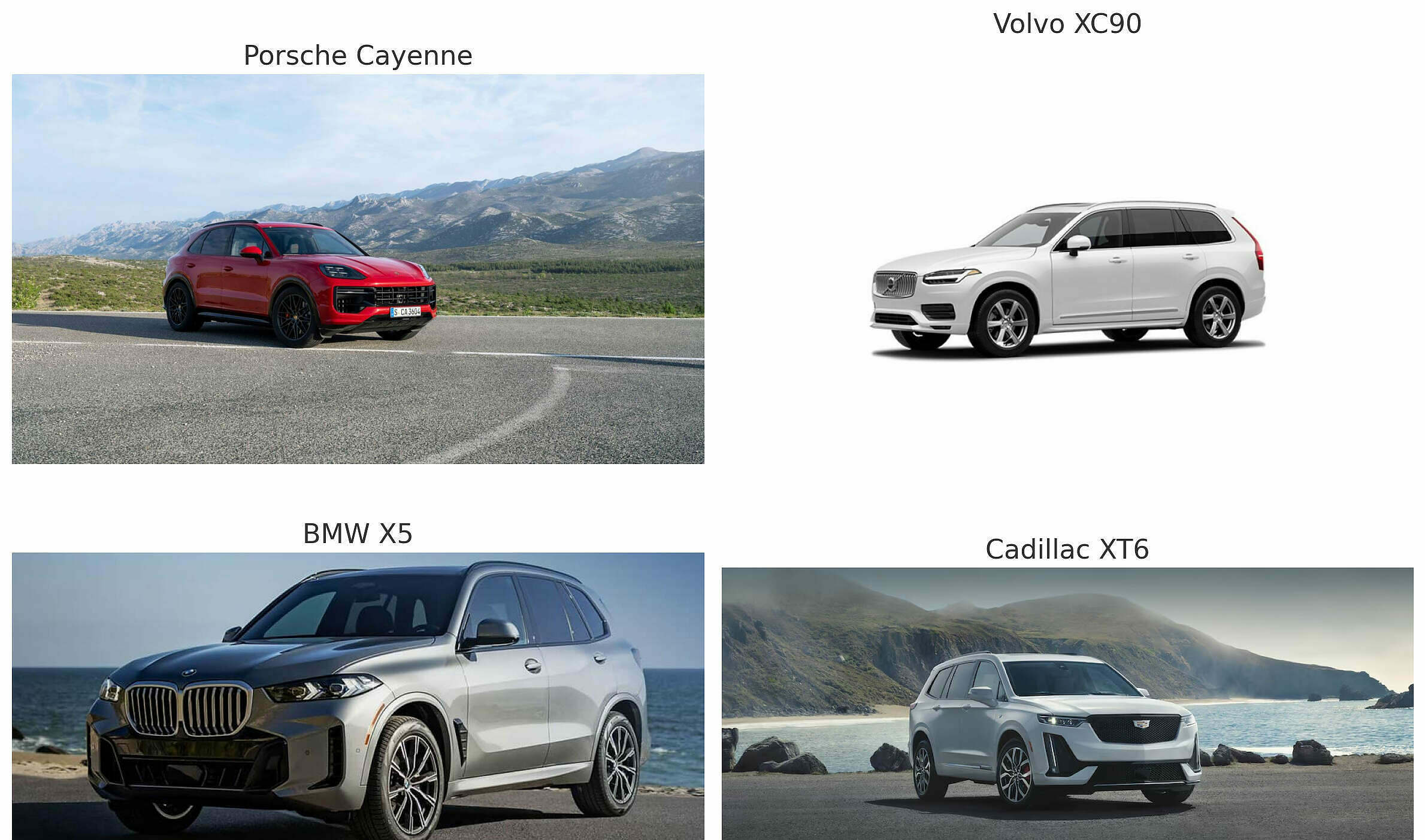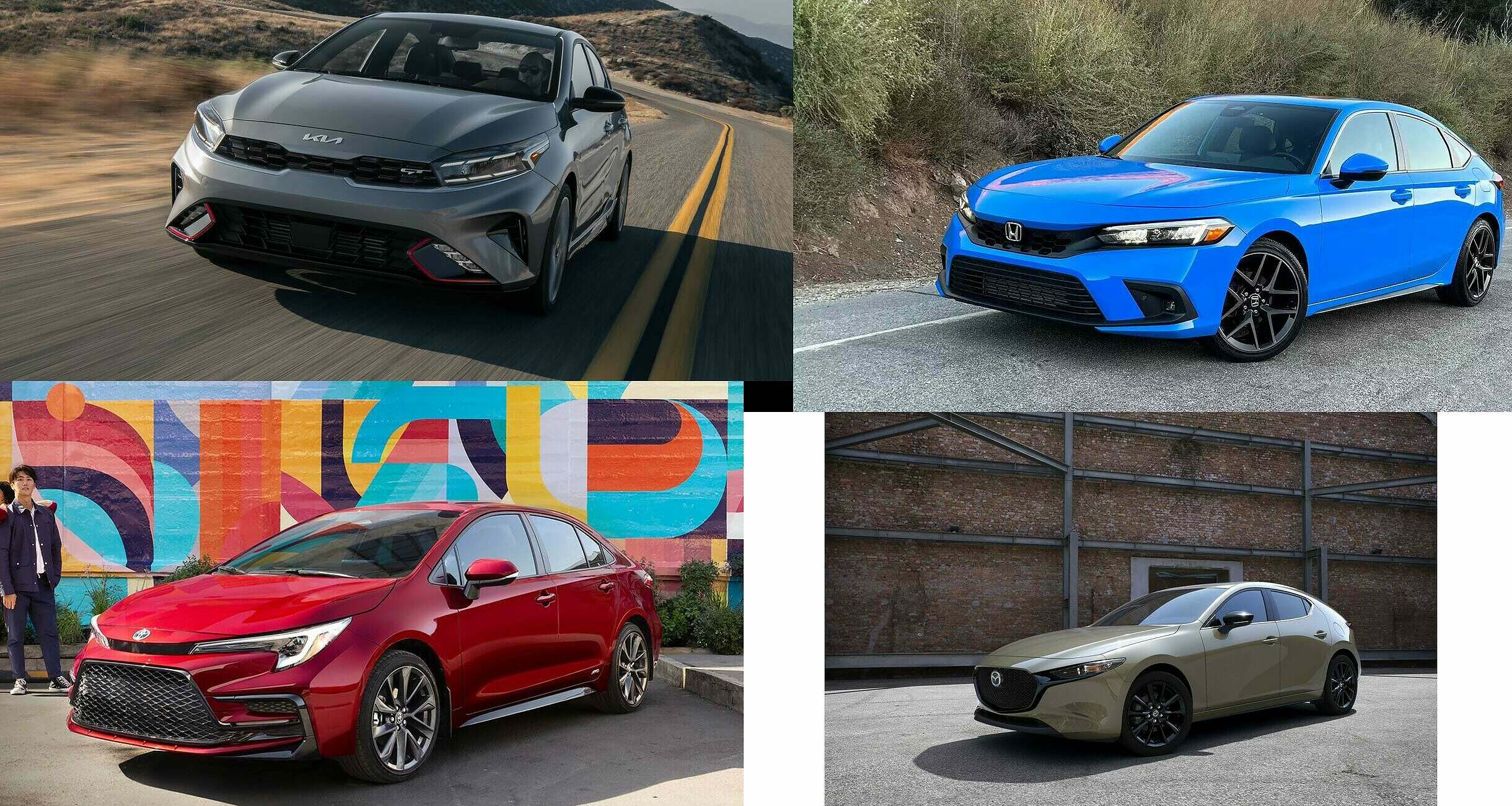As we journey into the future of automobiles, one particular vehicle category has gained significant attention: Plug-in Hybrid Electric Vehicles (PHEVs).

More specifically, PHEV SUVs have carved a niche for themselves in the market, presenting a unique blend of eco-friendliness, power, and comfort. In this guide, we’ll delve into the ins and outs of PHEV SUVs, discussing their advantages and potential drawbacks.
What Are PHEV SUVs?
PHEV SUVs, or Plug-in Hybrid Electric Sport Utility Vehicles, are a type of hybrid electric vehicle that combines a petrol or diesel engine with an electric motor. They possess a rechargeable battery that can be plugged into an external power source. This unique blend of traditional and electric power allows them to offer the benefits of both electric and conventional vehicles.
How PHEV SUVs Work
Just like any hybrid vehicle, a PHEV SUV utilizes two power sources: an internal combustion engine and an electric motor. However, the key difference is the ‘plug-in’ aspect. PHEVs have larger batteries than regular hybrids and can be charged from an external source, such as a charging station or even a home outlet. This offers the potential for short trips that are completely electric, saving on fuel and reducing emissions.
Pros of PHEV SUVs

While PHEV SUVs may not be the perfect fit for everyone, they do come with a host of benefits.
#1. Reduced Emissions
One of the major advantages of PHEV SUVs is their reduced emissions. By combining a traditional engine with an electric motor, these vehicles can significantly cut down on greenhouse gas emissions, making them a more environmentally friendly option than conventional cars.
#2. Fuel Efficiency
PHEV SUVs are highly fuel-efficient. On short trips, they can run entirely on electric power, using no fuel at all. Even on longer journeys, they can switch between power sources to optimize fuel use.
#3. Cost Savings
Although the initial cost of a PHEV SUV may be higher, they can save money in the long run. Charging an electric vehicle is typically cheaper than filling up a petrol tank, and government incentives are often available for electric and hybrid vehicles.
#4. Versatility
PHEV SUVs offer the best of both worlds. They have the range and power of a conventional SUV, but with the added benefit of an electric motor for quieter, cleaner, and more efficient short trips.
Cons of PHEV SUVs
Despite their many advantages, there are also some potential drawbacks to consider when looking at PHEV SUVs.
#1. Higher Initial Cost
While they can save money in the long run, PHEV SUVs typically come with a higher upfront cost than their conventional gas-only counterparts. This can be a barrier for some buyers.
#2. Limited Electric Range
While PHEVs can run on electric power, their range is typically much less than that of a fully electric vehicle. Once the battery is depleted, the vehicle will need to switch back to its conventional engine.
#3. Charging Infrastructure
Although charging infrastructure is improving, it’s still not as widespread or accessible as petrol stations. This can be a challenge if you plan to use the electric motor extensively and don’t have easy access to a charging station.
#4. Battery Life and Replacement Costs
Like all vehicles with a battery, PHEV SUVs will eventually need a battery replacement. Depending on the vehicle, this cost can be high and should be factored into the overall cost of ownership.
Wrapping Up
If you are reading this piece that means you’re possibly considering switching to a PHEV now, or in the future. These vehicles offers you the flexibility of partaking in the innovation of two forms car propulsion tech – within the same vehicle.
For many of us the choice between a fully-electric vehicle and and a regular ICE (internal combustion) car is not easy. The increasing charging infrastructure is good, but then is range anxiety too. The tech that virtually alleviates both worries is a PHEV SUV.



